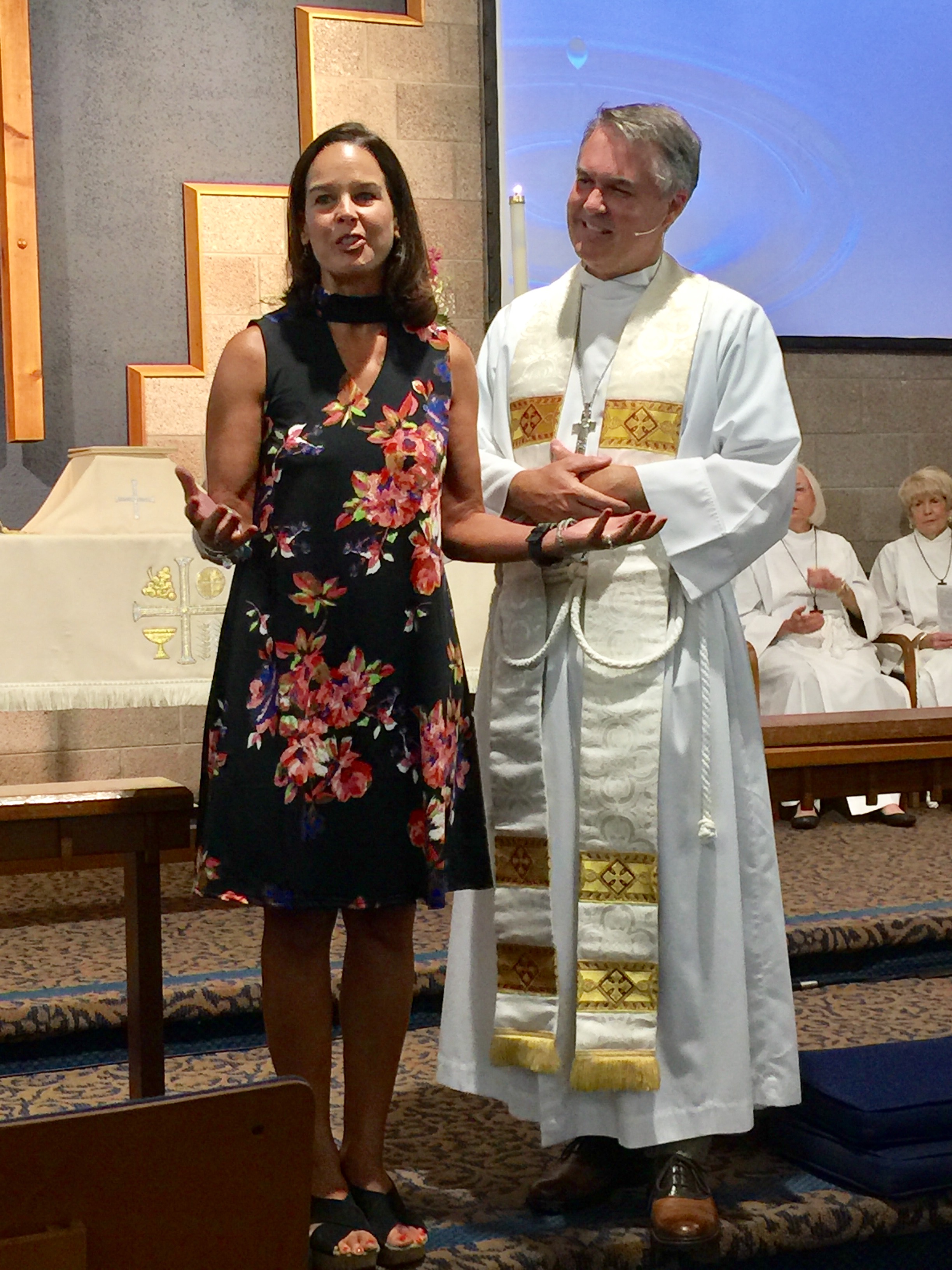My sermon on Sunday was about the New Temple, and it reminded me of the below blog post that I originally wrote in 2014. Find the sermon video at the bottom.
Little Lies We Learn as Children

There is a little children’s rhyme that we all learned as children. It uses hands to creatively teach about the church:
Here is the Church
And Here is the Steeple
Open the Doors
And see all the People!
The childhood rhyme is Biblically incorrect! While we often call the physical building and place of worship for the people of God, a Church, that is a misnomer. I go so far to call it a little lie. Little lies like this have been taught to us as children, and they have done great damage. Subtly and powerfully, they shape our vocabulary and thus our thinking and values as the people of God. The Church is NOT a physical building with a steeple and doors. Yet, we persist in using the word with that reference and meaning.
The institutional church itself has reinforced the vocabulary. A couple of years ago, the Bishop corrected me when I referred to my church’s worship space as “the Sanctuary.” He said, “Properly, the sanctuary is the space behind the altar rails and building should be referred to as ‘the church’.” From a technical architectural vocabulary perspective, he was not wrong.
The reforming instinct in me cannot accept his correction. I have worked hard to never refer to a physical building as “The Church” because of the misaligned priorities on buildings, programs and institutions.
Empty Tombs
In the New Testament parlance, the Church is the gathered worshiping People of God. Rather than the building, the Church would be what you see when you open the doors and look inside the physical building. Monday through Saturday, the Church has left the building! Without the resurrected People of God gathered, the building stands vacant like an empty tomb!
As the angel who told the women looking for Jesus inside the rock-hewn tomb, “Why do you look for the living among the dead? He is not here, he is risen!” Yes, there are many beautiful “church” buildings built around the world, with wonderful architectural features and gorgeous stain glass windows. They are built to the Glory of God! However, without a vibrant Holy Spirit filled, worshiping body of Christ, they are empty albeit beautiful sepulchers.
Whenever the New Testament uses the term “church”, it is always referring to the redeemed and holy people of God. It does describe church in terms of building and structure but always as a building made with living stones on the divinely appointed cornerstone.
The church building is alive!
Biblically, we should not say we go to church as so many of us are apt to say, but rather we should say we are the church! The church is a community of people whose lives are completely centered on Jesus, living stones built into the precious cornerstone.
Paul used this same imagery in his letter to the Ephesians. He says,
“You are being built into a holy temple, one stone placed upon another, incorporated with Jesus Christ as the chief cornerstone. In him, the whole building is joined together and rises to become a Holy Temple in the Lord. In him, you too are being built together to become a dwelling in which God lives by his Spirit.”
So does that mean that we should not build physical buildings for the church? Not at all! Yet, the institutional tools and structures that we have created with human hands out of wood, metal, bricks and mortar are merely tools and institutional supports for the spiritual living Church, the body of Christ. This is an incredibly important distinction for us. Why? Our primary focus is properly on the living organic Temple of the Lord.
The resurrected life is centered on the Person of Jesus Christ and the community and people that have been incorporated into the New Temple that is his Body. As in times of the Old Testament, the People of God find themselves serving worldly physical and institutional structures, rather than the physical and institutional structures supporting the people of God.
This was the corruption of the political, religious and economic systems which Jesus confronted in his day when he overturned the tables of the money changers in the old Temple.
The challenge in our day is to renew our emphasis on the True Church, the Living Stones, the New Spiritual Temple, The Body of Christ. The people of this world value the physical stones, but the Lord values the living stones. As the Apostle Peter writes, they are chosen by God and “precious to him.”
New Temple: Life in the Presence – Sermon by the Rev. Charlie Holt from The Church of St John the Divine on Vimeo.
Question for thought and discussion: Do you agree that the people of this world place more value on worldly structures and institutions than people? Do you see this happening even with the Church? How do we get back to the right emphases?



